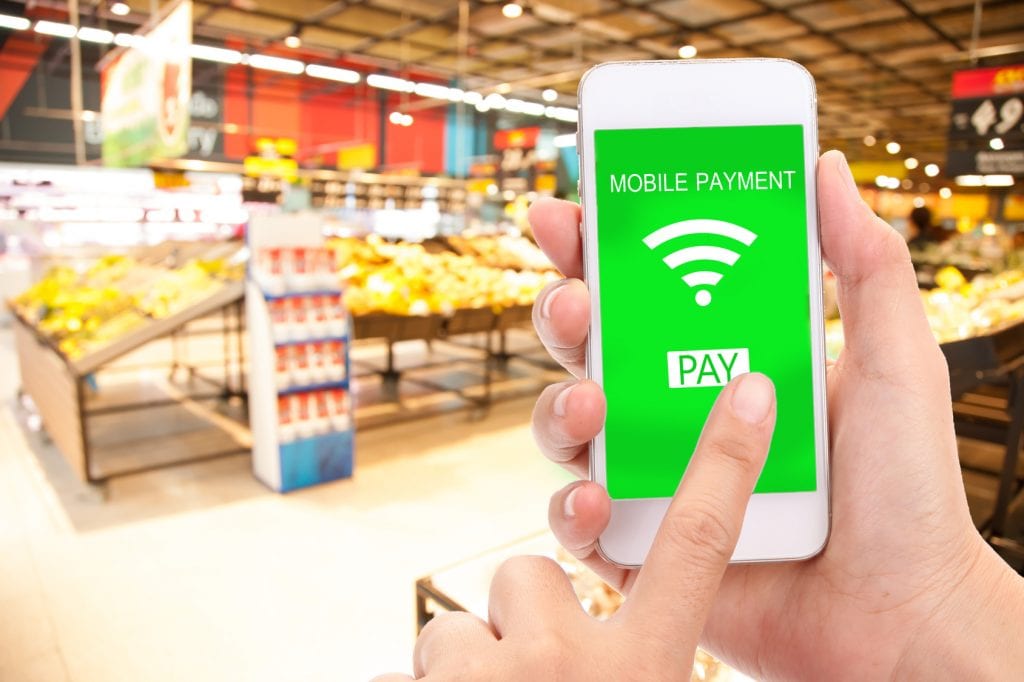While the recent public opening of the Amazon Go store in Seattle has grabbed most of the headlines, global retailers are making inroads in mobile self-checkout and payment apps. As the following article describes, Alibaba is using mobile commerce for the grocery store sector in China.
It’s been less than two months since Amazon debuted its Amazon Go cashierless store concept to the public, following 10 months of tweaking the location’s “just walk out” system, which uses driverless car technology to detect and charge a person for a product when it’s removed from the shelf and the store. What some retailers might not know, however, is that Amazon founder and CEO Jeff Bezos isn’t the first retail visionary to execute such a concept.
Jack Ma, founder and executive chairman of China-based retailer and technology company Alibaba Group Holding Ltd., already has a similar concept operating in a number of small-format stores. China’s BingoBox stores rely on RFID technology to detect what a person is walking out with and charge them while the items are being scanned upon exit. Although not the same technology that Amazon Go employs, it serves the same purpose — and, according to Technode, may be replaced by cameras with image-recognition technology that can scan and charge.
For those who may know the company only by name, Alibaba Group currently operates as the world’s largest retailer and one of its largest internet companies. But it’s also making its mark in brick-and-mortar, especially with groceries. And while BingoBox is quite the forward-thinking concept, it’s a chain of supermarkets that’s enabling Alibaba to really show the world what the future of retail looks like — and from which U.S. grocers can take inspiration.
Hema — not to be confused with the Dutch retail chain of the same name — supermarkets are said to be the “purest manifestation of Alibaba’s ambitions to marry online with offline,” offering shoppers a “more efficient and flexible” shopping experience, according to Alibaba’s news site. Using technology and data to provide a seamless and more efficient shopping experience, Hema powers everything via mobile: After downloading an app, shoppers scan items — all of which have barcodes — to learn more about products and recommended items, and to pay for them.
In the U.S., the grocery store vertical has been very proactive lately in embracing mobile commerce including self-checkout apps, mobile order for pick-up, and on-demand delivery. Amazon and Walmart have been leading the charge, but other grocers are jumping into mobile commerce including Kroger’s. Meanwhile, Walmart continues to expand its successful Scan and Go mobile app. Then there’s the crowded field of grocery delivery companies, such as Instacart, Peapod, and Shipt that exist to satisfy consumers looking for convenience, immediacy, and a seamless payment process.
Overview by Raymond Pucci, Associate Director, Research Services at Mercator Advisory Group
Read the quoted story here
